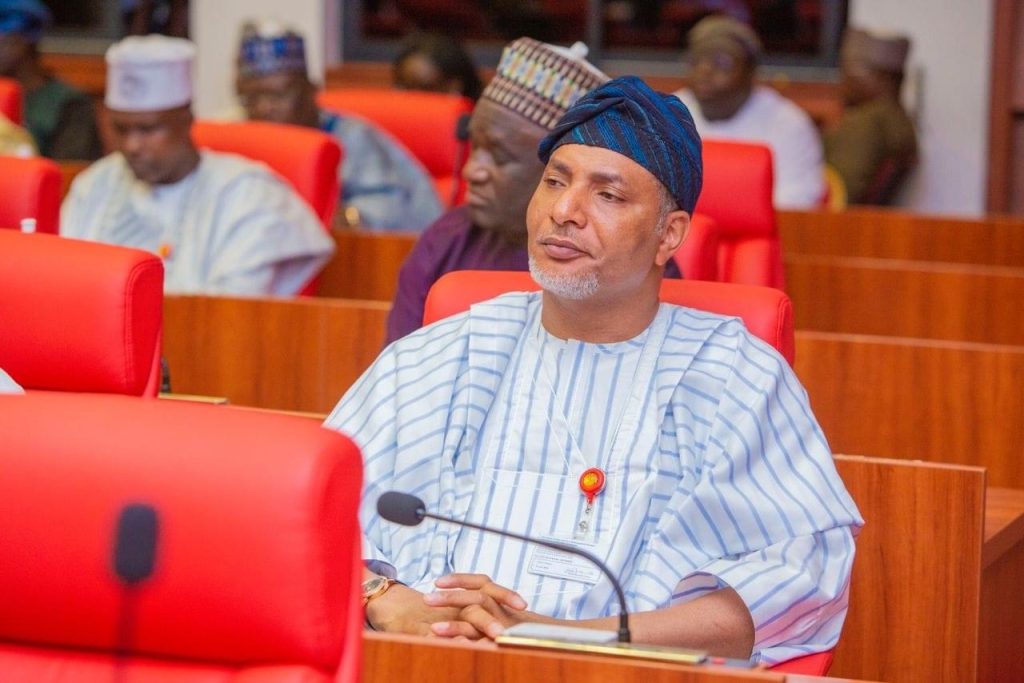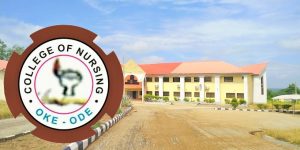NIGERIA SENATE CALLS FOR HANDS-ON AGRICULTURAL STUDIES AT SECONDARY SCHOOL LEVEL
![]()

Chairman, Senate Committee on Agriculture and Rural
Development, Saliu Mustapha has called for the introduction of
compulsory hands-on agricultural studies at the secondary school
level.
Senator Mustapha made the call at a public lecture organized by the
Department of Agricultural Extension and Rural Development,
University of Ilorin.
In a statement made available from his media office, Senator
Mustapha, emphasizes that it is very important to move agriculture
beyond policy pronouncements, stating that practical agricultural
education from an early age would prepare future generations to see
farming as a viable profession and not just a subsistence activity.
The committee chairman who was represented by Professor Binta
Sulyman of the Kwara State University, Malete, decries the
declining interest in agriculture among young Nigerians, attributes
the lingering problem to an outdated perception of farming as
labor-intensive and unrewarding.
He maintains that if students are exposed to the modern,
technology-driven aspects of agriculture, it can bring forth renewed
interest in the sector.
According to the statement, “compulsory agricultural studies will
help Nigeria address rising unemployment rates, as it will equip
young people with skills to venture into farming, agribusiness, and
related industries”
He adds that an agrarian-focused educational curriculum can
produce a generation of problem solvers who can contribute
meaningfully to reducing the nation’s food import bill.
Senator Mustapha further calls on stakeholders in education,
agriculture, and policy makers to collaborate closely in ensuring the
implementation of the stated ideas.
The legislator lauds the Federal Ministry of Education for its
curriculum revision efforts, describing it as a step in the right
direction but cautioned that policy must translate into real world
action.
“There has been enough talk. What we need now are concrete
actions, and that includes making sure that schools are equipped
with the necessary facilities, farms, greenhouses and modern
farming tools to make this hands-on agriculture education a reality”











